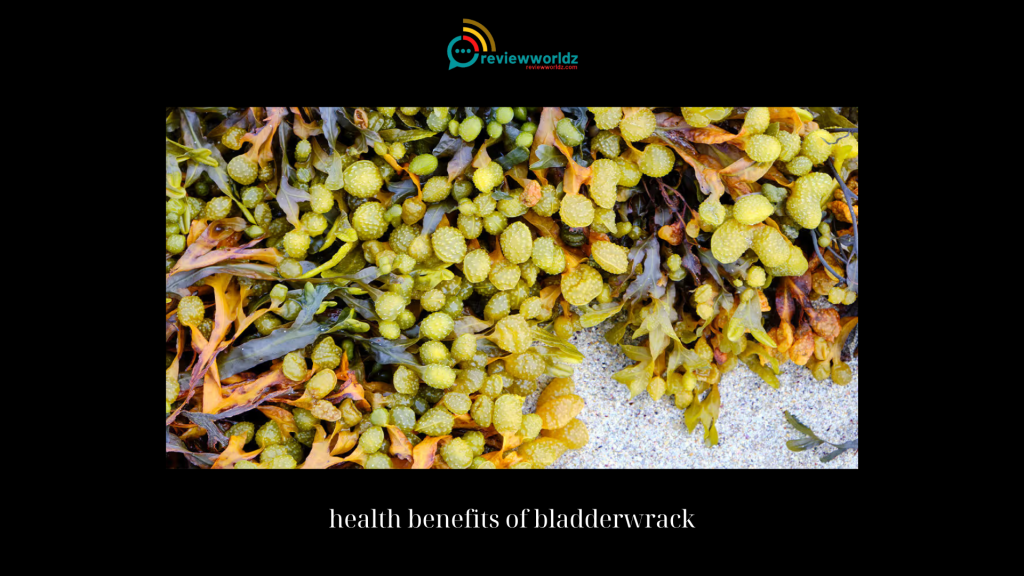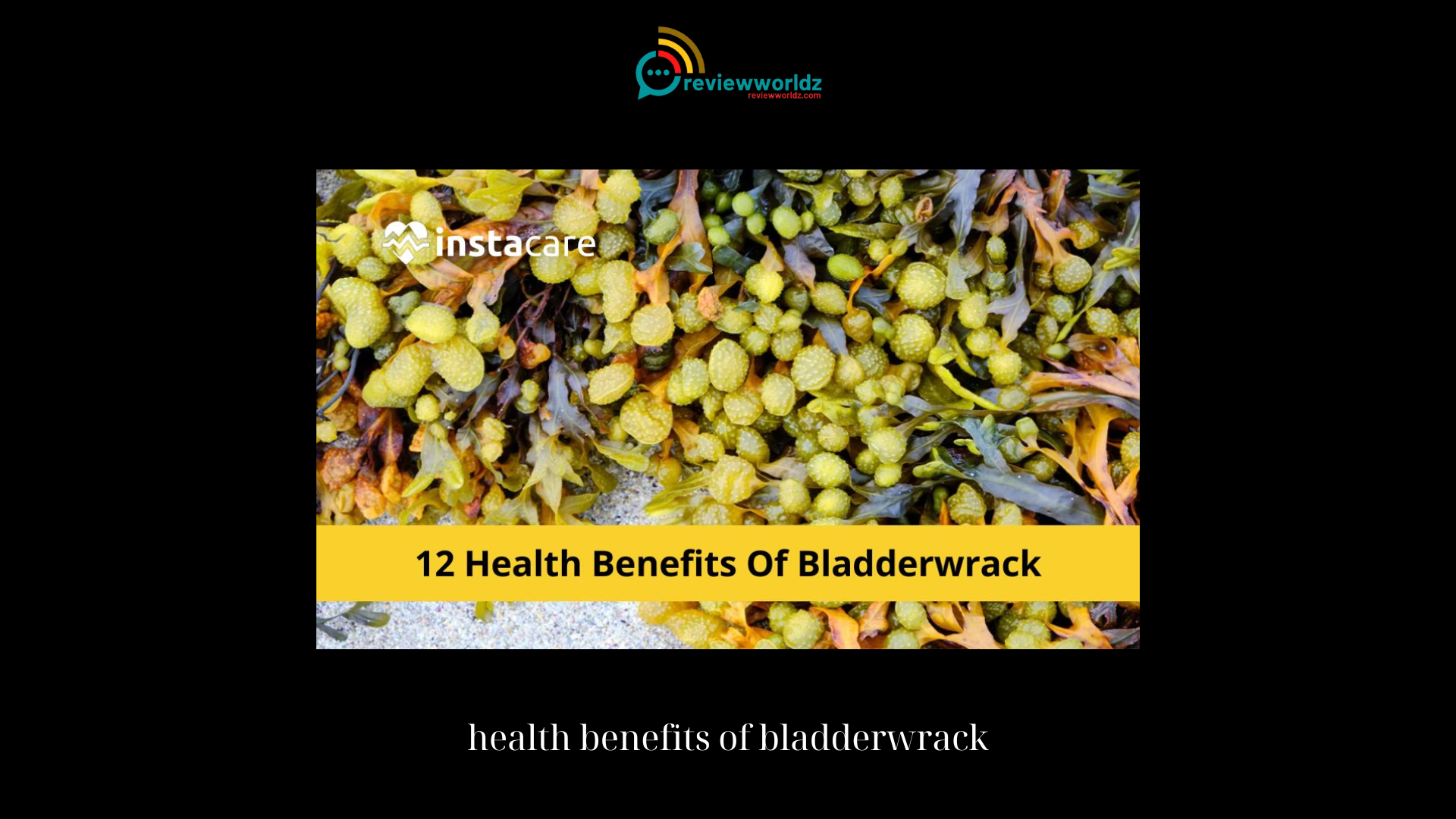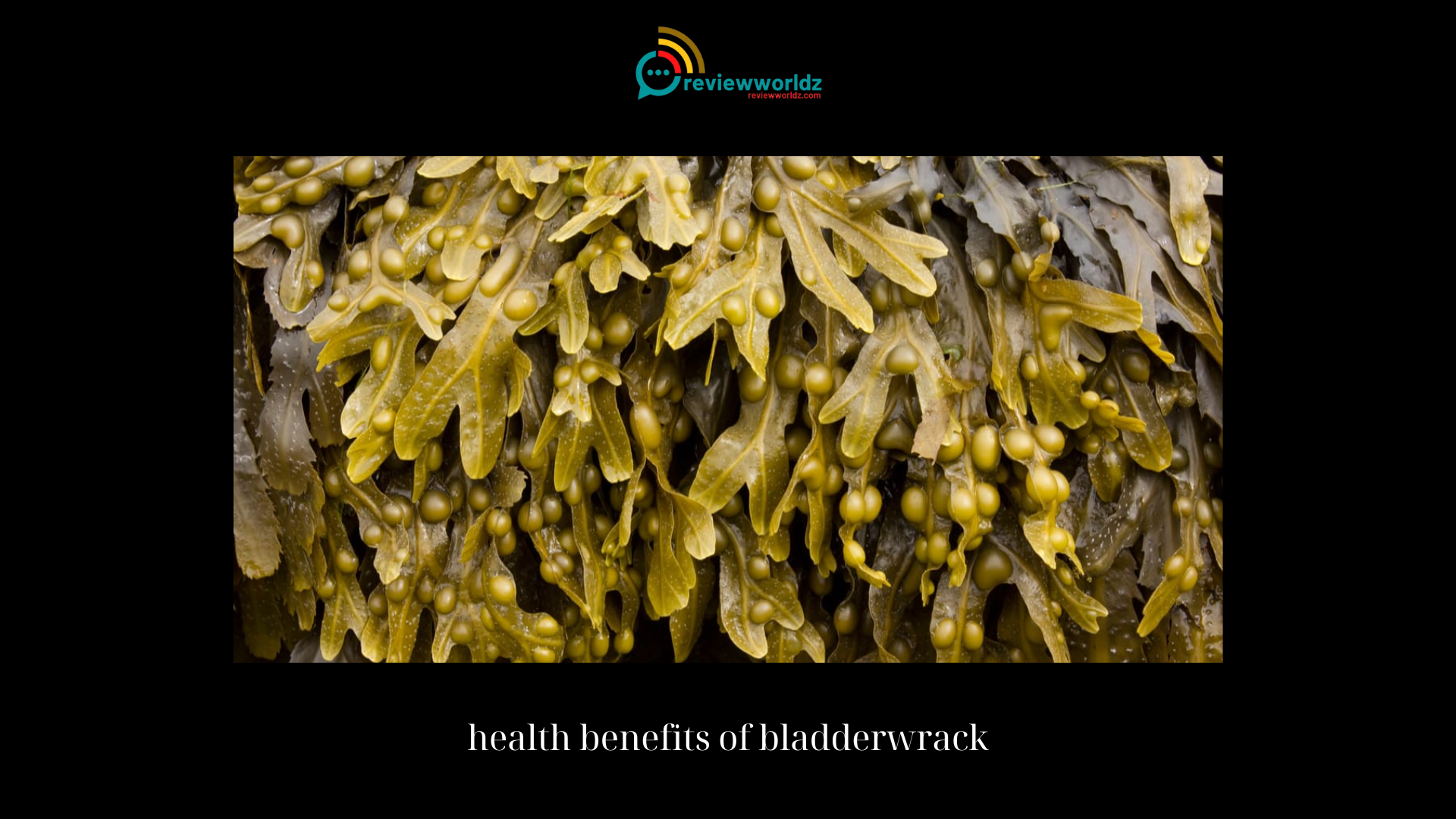Bladderwrack, a type of brown seaweed found in coastal regions, has gained recognition for its potential health benefits. Packed with essential nutrients and bioactive compounds, bladderwrack has been used for centuries in traditional medicine. In this article, Reviewworldz will delve into the nutritional powers of health benefits of bladderwrack and explore its potential health benefits, shedding light on why it has captured the attention of health enthusiasts worldwide.
Health Benefits of Bladderwrack: Exploring Its Nutritional Powers
Bladderwrack, with its impressive nutritional profile and potential health benefits of bladderwrack, has emerged as a valuable natural resource. From supporting thyroid function to promoting gut health and enhancing skin health, the nutritional powers of bladderwrack are vast. However, it’s crucial to approach bladderwrack consumption with care and seek professional guidance when necessary. Embracing bladderwrack as part of a balanced and varied diet may contribute to overall well-being, but it’s important to remember that individual needs and health conditions may vary.
- A Nutritional Powerhouse:
Bladderwrack is health benefits of bladderwrack rich in a wide array of nutrients, making it a nutritional powerhouse. It is a great source of vitamins, including vitamin C, vitamin A, vitamin E, and various B vitamins. Additionally, bladderwrack contains minerals such as iodine, calcium, magnesium, potassium, and iron. These nutrients play vital roles in supporting overall health and well-being. - Iodine for Thyroid Function:
One of the standout health benefits of bladderwrack is its iodine content. Iodine is an essential mineral required for the production of thyroid hormones, which regulate metabolism, growth, and development. Bladderwrack can be a valuable dietary source of iodine for individuals with iodine deficiency, aiding in maintaining proper thyroid function. - Antioxidant Protection:
Bladderwrack contains antioxidants, including various phenolic compounds and fucoxanthin. These antioxidants help protect the body against oxidative stress caused by harmful free radicals. By neutralizing free radicals, bladderwrack contributes to reducing the risk of chronic diseases, such as cardiovascular disease and certain types of cancer. - Potential Anti-Inflammatory Effects:
Studies suggest that bladderwrack possesses anti-inflammatory properties. The presence of compounds like fucoidan and phlorotannins in bladderwrack may help reduce inflammation in the body. Chronic inflammation is linked to various health conditions, and the anti-inflammatory effects of bladderwrack may have potential therapeutic applications. - Supporting Gut Health:
The high fiber content in bladderwrack promotes a healthy digestive system. Fiber aids in regular bowel movements, prevents constipation, and supports the growth of beneficial gut bacteria. A healthy gut microbiome is crucial for overall digestive health, nutrient absorption, and immune function. - Bladderwrack, with its impressive nutritional profile and potential health benefits of bladderwrack, has emerged as a valuable natural resource. From supporting thyroid function to promoting gut health and enhancing skin health, the nutritional powers of bladderwrack are vast. However, it’s crucial to approach bladderwrack consumption with care and seek professional guidance when necessary. Embracing bladderwrack as part of a balanced and varied diet may contribute to overall well-being, but it’s important to remember that individual needs and health conditions may vary.
- Weight Management Potential:
Bladderwrack has been studied for its potential role in weight management. Some research suggests that health benefits of bladderwrack the fucoxanthin content in bladderwrack may help promote weight loss by increasing fat metabolism and reducing fat accumulation. However, further studies are needed to fully understand the impact of bladderwrack on weight management. - Enhancing Skin Health:
Bladderwrack has been traditionally used for its health benefits of bladderwrack to skin health. Its high mineral content, including iodine, magnesium, and calcium, along with antioxidants, can help nourish and revitalize the skin. Bladderwrack-based skincare products are known for their moisturizing, anti-aging, and anti-inflammatory properties.
- Potential Immune-Boosting Effects:
The immune-modulating properties of bladderwrack have been studied in recent years. Some research suggests that health benefits of bladderwrack certain compounds in bladderwrack may help enhance the immune response, potentially aiding in the prevention and management of infections and immune-related disorders. - Alleviating Joint Discomfort:
Bladderwrack’s anti-inflammatory properties may extend to joint health. The fucoidan and phlorotannins found in bladderwrack have shown potential in reducing joint inflammation, which may help health benefits of bladderwrack alleviate discomfort associated with conditions like arthritis. - Considerations and Precautions:
While bladderwrack offers numerous health benefits, it’s important to exercise caution. Excessive iodine intake can have adverse effects, especially for individuals with thyroid disorders. It’s advisable to consult with a healthcare professional before incorporating bladderwrack into your diet or taking bladderwrack supplements.
Conclusion
Bladderwrack, with its impressive nutritional profile and potential health benefits of bladderwrack, has emerged as a valuable natural resource. From supporting thyroid function to promoting gut health and enhancing skin health, the nutritional powers of bladderwrack are vast. However, it’s crucial to approach bladderwrack consumption with care and seek professional guidance when necessary. Embracing bladderwrack as part of a balanced and varied diet may contribute to overall well-being, but it’s important to remember that individual needs and health conditions may vary.









